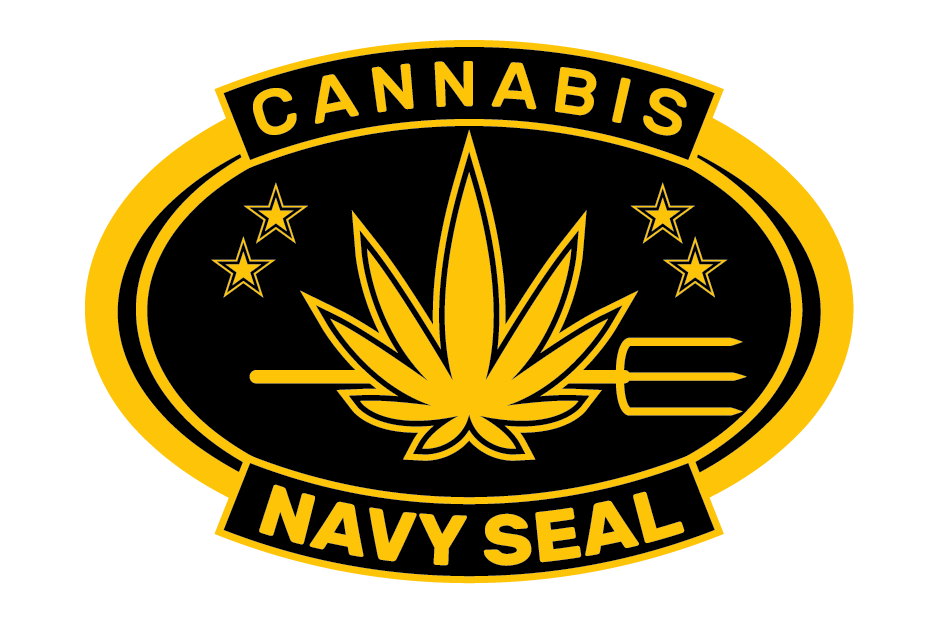Veteran-Owned Cannabis Brands Giving Back to Their Communities
As the cannabis industry continues to mature, a distinct group of entrepreneurs is shaping its moral and social compass—U.S. military veterans. From cultivation to retail, veteran-owned cannabis brands are not only building successful businesses but also dedicating themselves to giving back. Their mission often extends beyond profit, rooted in service, community, and healing—values carried over from their time in uniform.
From Service to Social Impact
Many veterans enter the cannabis industry seeking purpose and therapeutic relief. For some, cannabis offers an alternative to prescription medications for conditions like PTSD, chronic pain, and insomnia. But beyond personal wellness, veteran founders are using their platforms to serve others—particularly fellow veterans and underserved communities impacted by the War on Drugs.
Brands like Helmand Valley Growers Company (HVGC), founded by former U.S. Navy SEALs, stand out as a model of service-driven entrepreneurship. The company channels a portion of profits into research for medical cannabis treatments for veterans through the Battle Brothers Foundation. Their commitment bridges the gap between science, policy, and compassion—ensuring veterans receive the support and access they deserve.
Strength in Community and Collaboration
Veteran-owned cannabis businesses often act as community pillars, creating programs that prioritize employment, education, and outreach. CannaVet, a Washington-based brand, supports veteran farmers and donates products to medical cannabis patients who cannot afford treatment. Similarly, Warrior Up Farms in Oregon employs veterans in cultivation roles and trains them in sustainable agriculture, helping them transition into civilian careers with purpose.
These initiatives highlight how veteran entrepreneurs leverage their leadership and teamwork skills in new arenas. Many of their brands operate with a “mission-first” mentality—treating every sale as an opportunity to support others. Whether by sponsoring PTSD awareness events, partnering with nonprofit organizations, or creating peer-to-peer mentorship programs, veterans continue to redefine what corporate social responsibility looks like in cannabis.
Bridging the Gap Between Veterans and Cannabis Access
Despite overwhelming evidence of cannabis’s potential therapeutic benefits, the U.S. Department of Veterans Affairs (VA) still prohibits its doctors from recommending it. This gap leaves countless veterans navigating treatment on their own. Many veteran-owned brands have taken it upon themselves to advocate for change — lobbying for expanded research, federal rescheduling, and medical access for service members.
Organizations such as Weed for Warriors Project (WFWP) and Veterans Cannabis Coalition (VCC), supported by veteran-run businesses, have become powerful voices in this movement. Their work has led to state-level programs that connect veterans to discounted or donated cannabis products, ensuring that those most in need are not left behind by restrictive federal policies.
The Future of Veteran Leadership in Cannabis
As legalization expands nationwide, veteran-owned cannabis brands are expected to play an increasingly prominent role in shaping ethical business models. Their approach — rooted in discipline, integrity, and service — stands in contrast to the industry’s more corporate corners. Many veterans view cannabis not only as a business opportunity but as a continuation of their duty: healing others, supporting local economies, and fighting for fair legislation.
In a sector often defined by competition and rapid growth, veteran-owned cannabis companies remind the industry of something vital — that purpose and profit can coexist. Their contributions, both social and economic, are helping to destigmatize cannabis while uplifting the very communities that once sacrificed the most.
